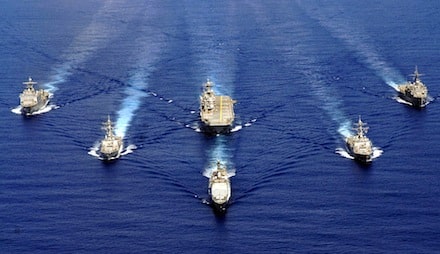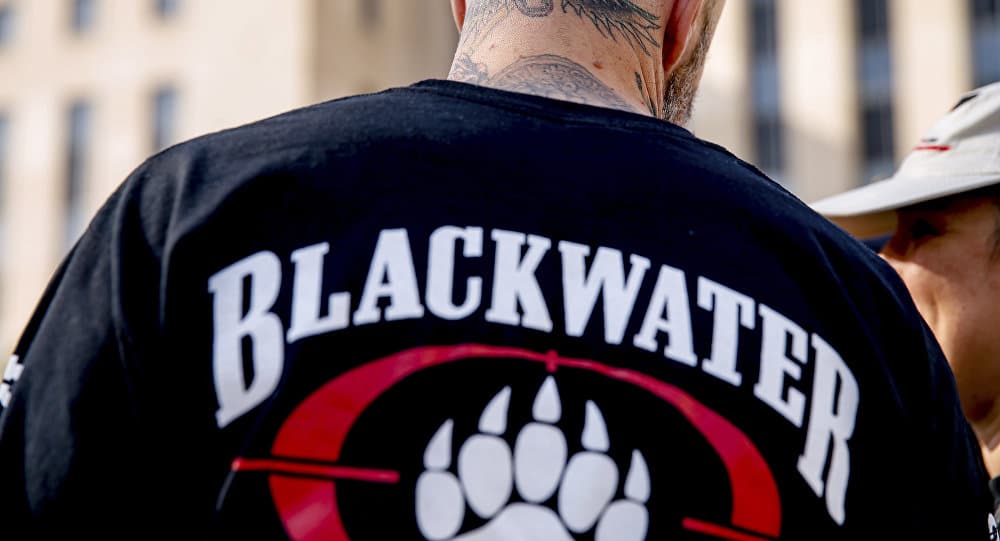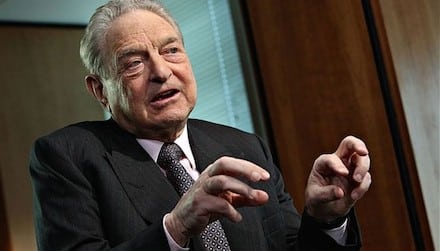The city of Miami, Florida may have started out as a retirement mecca for winter-worn pensioners from northern climes. However, after the beginning of the Cold War and US military and Central Intelligence Agency intervention in Guatemala, Cuba, the Dominican Republic,...





